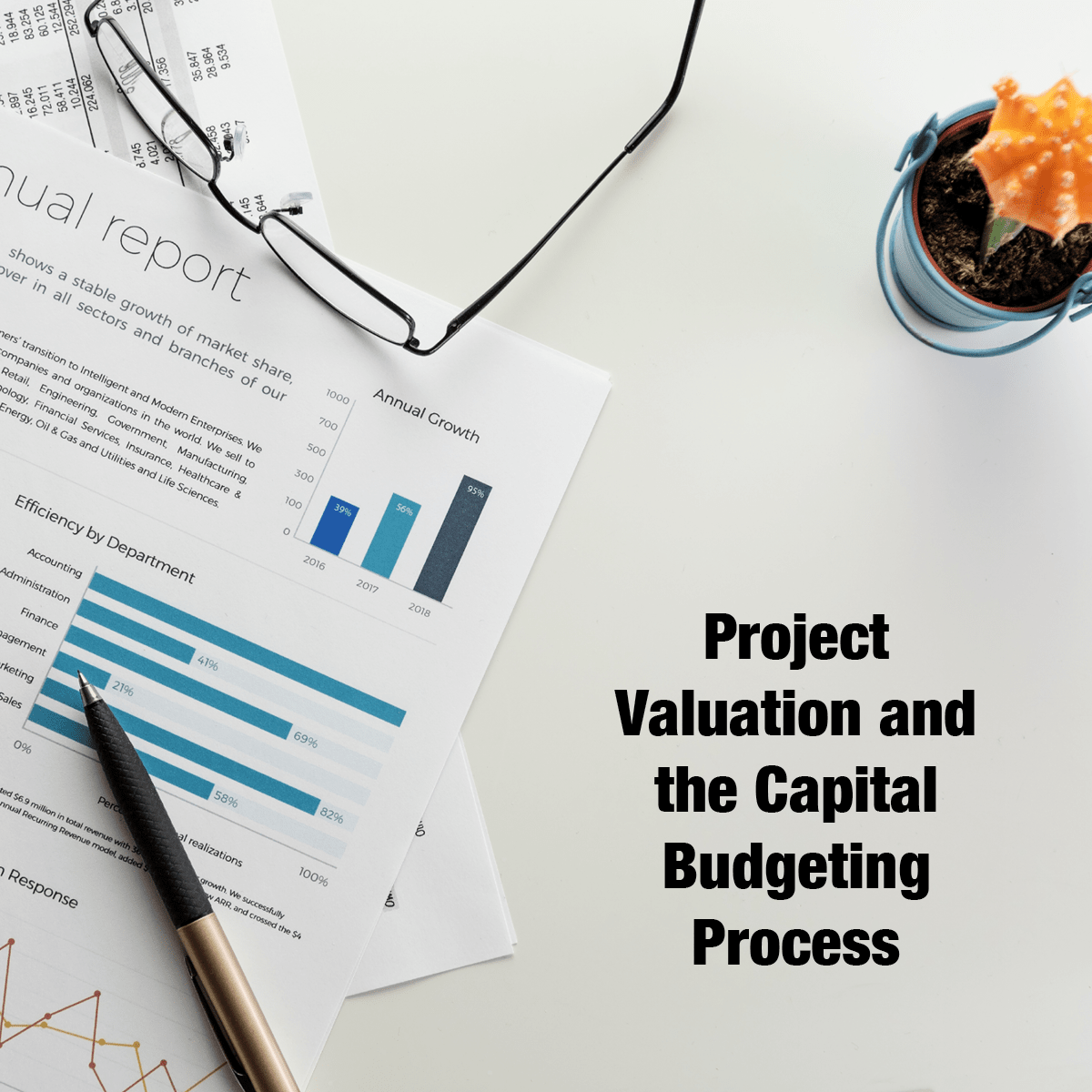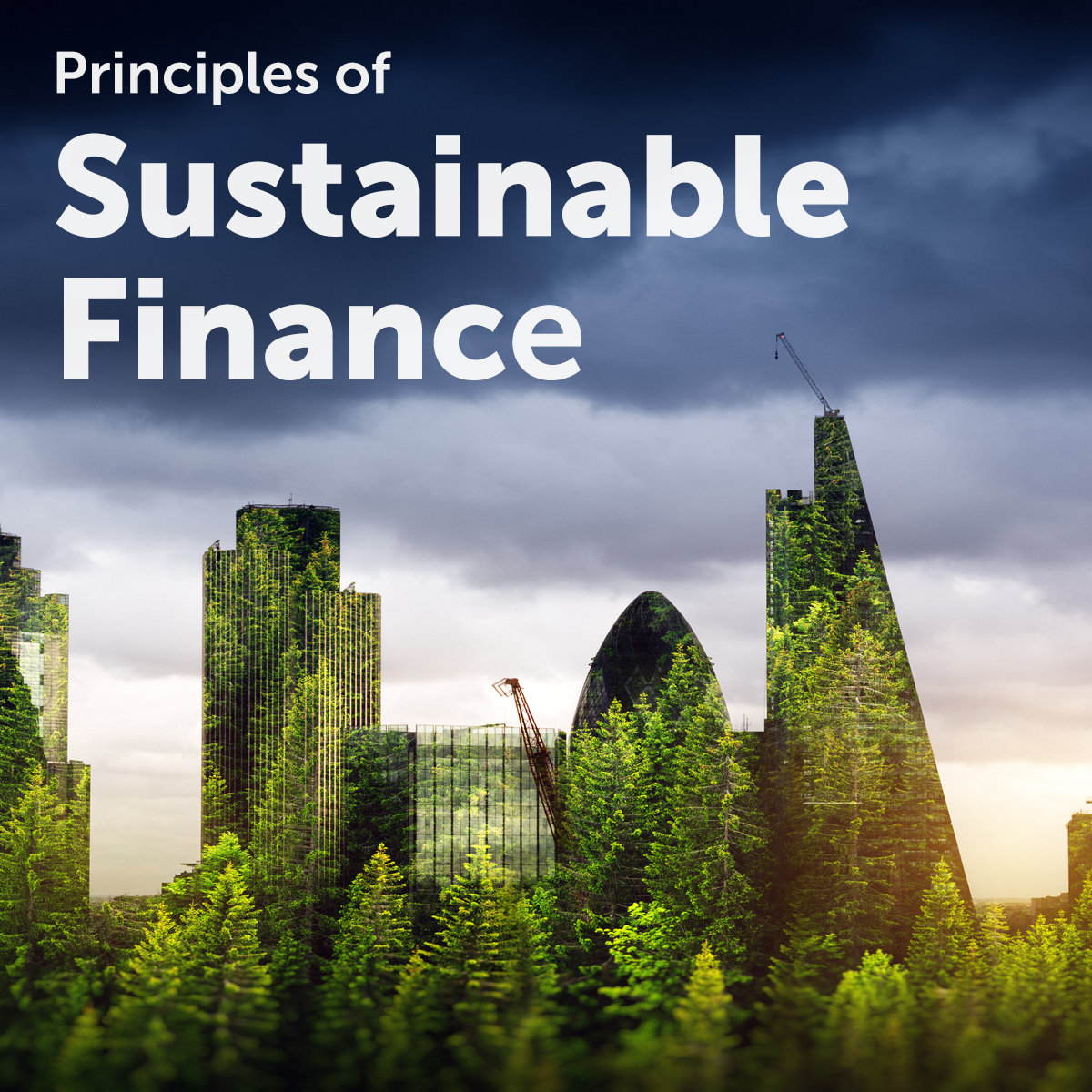Back to Courses









Finance Courses - Page 3
Showing results 21-30 of 270

Project Valuation and the Capital Budgeting Process
This course describes the economic viability of an engineering project through the application of net present value, internal rate of return, and payback period analysis. The impacts of depreciation, taxes, inflation, and foreign exchange are addressed. The capital budgeting process is discussed, showing how companies make decisions to optimize their investment portfolio. Risk is mitigated through the application of quantitative techniques such as scenario analysis, sensitivity analysis, and real options analysis.
This course can be taken for academic credit as part of CU Boulder’s Master of Engineering in Engineering Management (ME-EM) degree offered on the Coursera platform. The ME-EM is designed to help engineers, scientists, and technical professionals move into leadership and management roles in the engineering and technical sectors. With performance-based admissions and no application process, the ME-EM is ideal for individuals with a broad range of undergraduate education and/or professional experience. Learn more about the ME-EM program at https://www.coursera.org/degrees/me-engineering-management-boulder.

Finance for Everyone Capstone Project
Each course in F4E offers key insights and knowledge you will be able to apply in real-life situations. You’ll test drive those insights through activities and assessments that will influence your key money Decisions, your participation in financial Markets, your experience in preserving or creating Value, and in managing Debt. These activities are designed to immerse you in financial thinking by giving you a safe environment for buying and selling and for making, creating, simulating, writing, and teaching. Each activity is a milestone in your learning process and each milestone has a product that will be part of your learning portfolio. The Capstone Project is the culmination of your F4E experience. It will engage you in a series of scaffolded and reflective exercises focused on a single aspect of the specialization selected by you to match your learning goals, and will help you create a piece of work that reflects your new knowledge and showcases your new skills for your employer, colleagues, friends and family.
Financial Accounting: Advanced Topics
In this course, you will explore advanced topics in financial accounting. You will start your journey with accounting for assets with more than one-year life. You will learn in detail how firms account for fixed assets. You will then move to financing of assets and discuss accounting for liabilities. The course will continue with an in-depth exploration of shareholders’ equity. Finally, you will critically evaluate preparation, components, and analysis of cash flows statement.
Upon successful completion of this course, you will be able to:
• Account for fixed assets
• Understand accounting for liabilities
• Evaluate shareholders’ equity section of a balance sheet
• Understand preparation and information provided by cash flows statement
This course is part of the iMBA offered by the University of Illinois, a flexible, fully-accredited online MBA at an incredibly competitive price. For more information, please see the Resource page in this course and onlinemba.illinois.edu.

How to Use Lookup Reference Math and Text Functions in Excel
By the end of this project, you will learn how to use lookup reference, math and text functions in an Excel Spreadsheet by using a free version of Microsoft Office Excel.

ESG-focused Financial Products
As ESG investing continues to evolve, so do the funding mechanisms many companies, organizations, and governments use to finance their stated goals. Indeed, ESG-focused financial products, or ‘green assets’, have been growing in volume – as well as by type. In the fixed income space alone, instruments available to investors include green bonds, social bonds, sustainability-linked bonds, climate awareness bonds, gender bonds, and others – not to mention a growing list of ESG-themed exchange-traded funds (ETFs).
Through this series of videos, webinars, and readings, students with basic knowledge of traditional financial products (e.g., bonds, ETFs) will learn how to describe various characteristics of green assets, including the supply, demand, and performance of green bonds, as well as holdings of certain ESG-themed ETFs, and discuss the recent growth of related fund flows. They should also be able to explain the principles and frameworks behind the issuance of different ESG-related fixed income products, as well as provide insights into how certain government and central bank policies may pose some critical challenges in this space.

Fundamentals of Finance
Welcome to Fundamentals of Finance. This 4 module course will help you understand and affect the performance of your unit or organization’s profitability. By the end of this course, you will be able to implement finance and accounting concepts to drive your organization's growth, analyze financial statements and understand the factors in productivity and profitability, and create forecasting and budgeting. You will also have the ability to evaluate and manage cash flow, implement strategies around financing, and use of ratios in running a business.

Principles of Sustainable Finance
Finance is widely seen as an obstacle to a better world. Principles of Sustainable Finance explains how the financial sector can be mobilized to counter this. Using finance as a means to achieve social goals we can divert the planet and its economy from its current path to a world that is sustainable for all.
Throughout this course, you will learn about the UN Sustainable Development Goals, how social and environmental factors should not be regarded as externalities, you will learn more about sustainable banking and asset management, about effective engagement, sustainable scenario analysis and long-term value creation.
At the end of this course you will understand how sustainable finance can be used as a tool to steer the sustainability transition.

Interest Rate Models
This course gives you an easy introduction to interest rates and related contracts. These include the LIBOR, bonds, forward rate agreements, swaps, interest rate futures, caps, floors, and swaptions. We will learn how to apply the basic tools duration and convexity for managing the interest rate risk of a bond portfolio. We will gain practice in estimating the term structure from market data. We will learn the basic facts from stochastic calculus that will enable you to engineer a large variety of stochastic interest rate models. In this context, we will also review the arbitrage pricing theorem that provides the foundation for pricing financial derivatives. We will also cover the industry standard Black and Bachelier formulas for pricing caps, floors, and swaptions.
At the end of this course you will know how to calibrate an interest rate model to market data and how to price interest rate derivatives.

Cost Accounting: Decision Making
In the third course, you will learn how to use information from cost accounting to improve managerial decision-making. We discuss business decisions and suggest how cost information can support them best. For example, how will costs change if managers adjust cost drivers? How many units do companies need to sell in order to avoid losses or to achieve a targeted profit? How can managers improve pricing or product programs with information from cost accounting?

Compare Stock Returns with Google Sheets
In this 1-hour long project-based course, you will learn how to compare the performance of different securities using financial statistics (normal distributions) and the Google Sheets toolkit to decide which one performed the best in terms of risk-to-return (risk-to-reward) metrics. This will teach you how basic risk management using quantitative analysis is done and is applied in calculating mean returns of the stock, variance, standard deviation, the Sharpe ratio, and Sortino Ratio.
Note: This course works best for learners who are based in the North America region. We're currently working on providing the same experience in other regions.
This course's content is not intended to be investment advice and does not constitute an offer to perform any operations in the regulated or unregulated financial market.
Popular Internships and Jobs by Categories
Find Jobs & Internships
Browse
© 2024 BoostGrad | All rights reserved